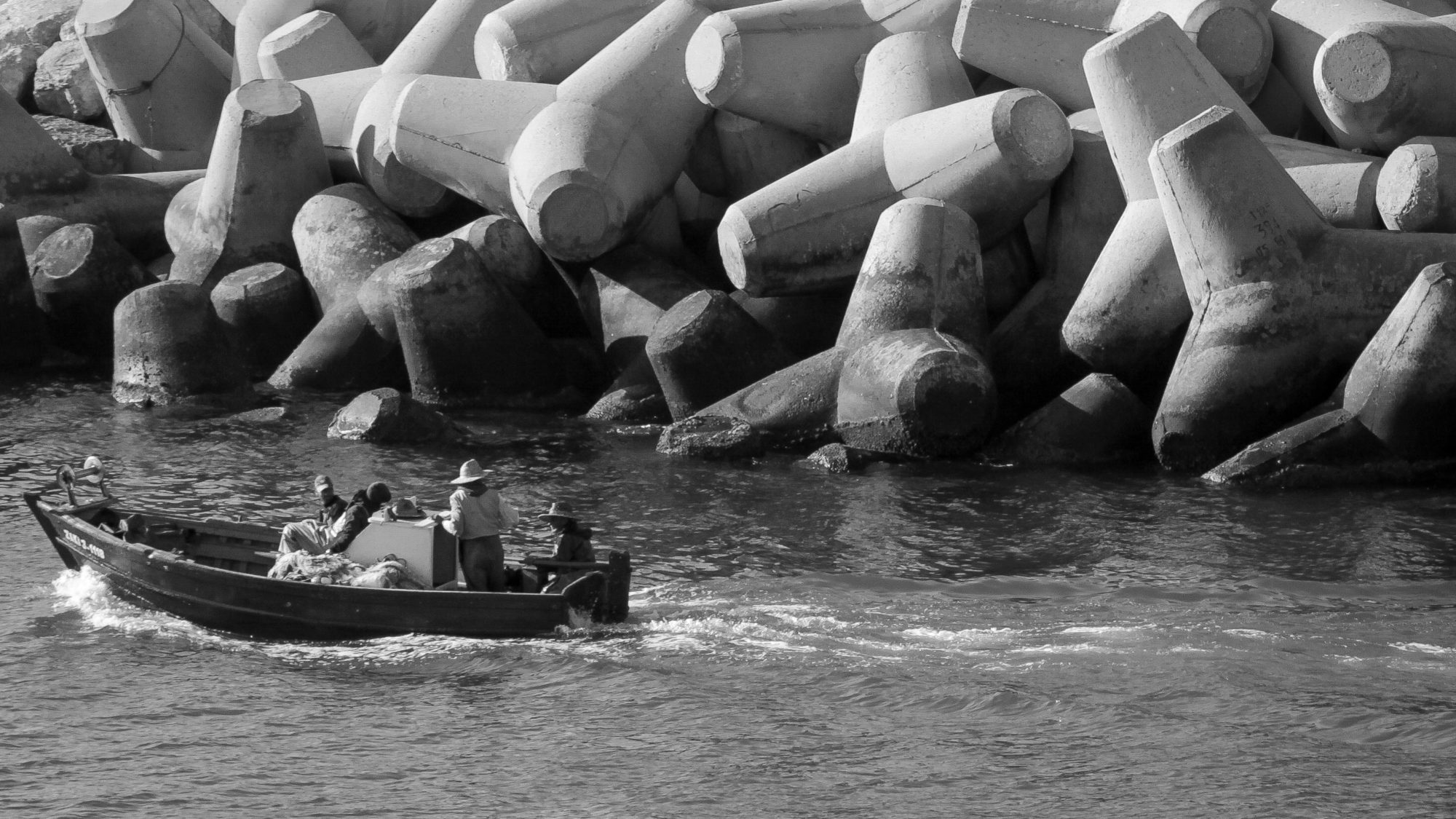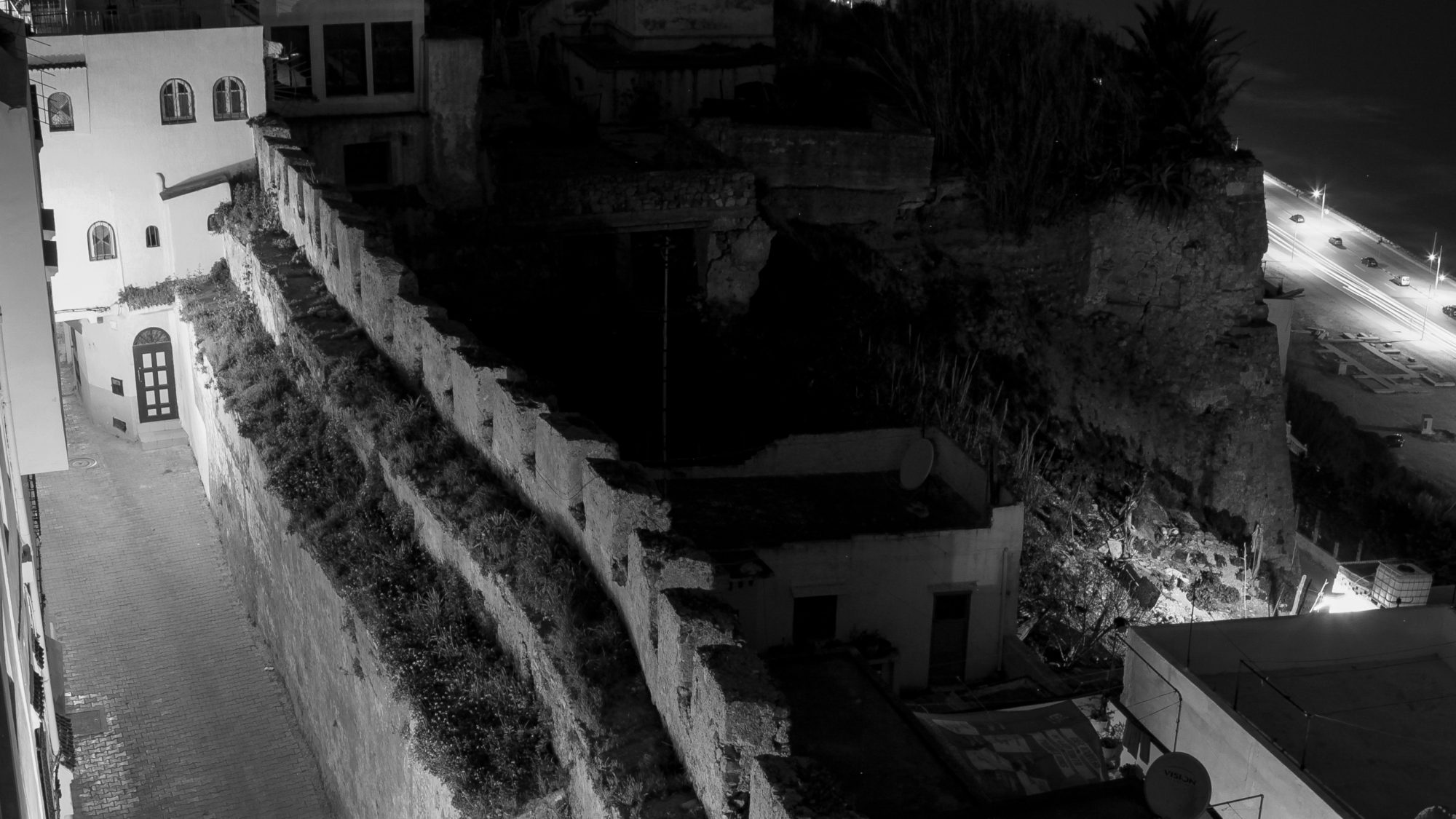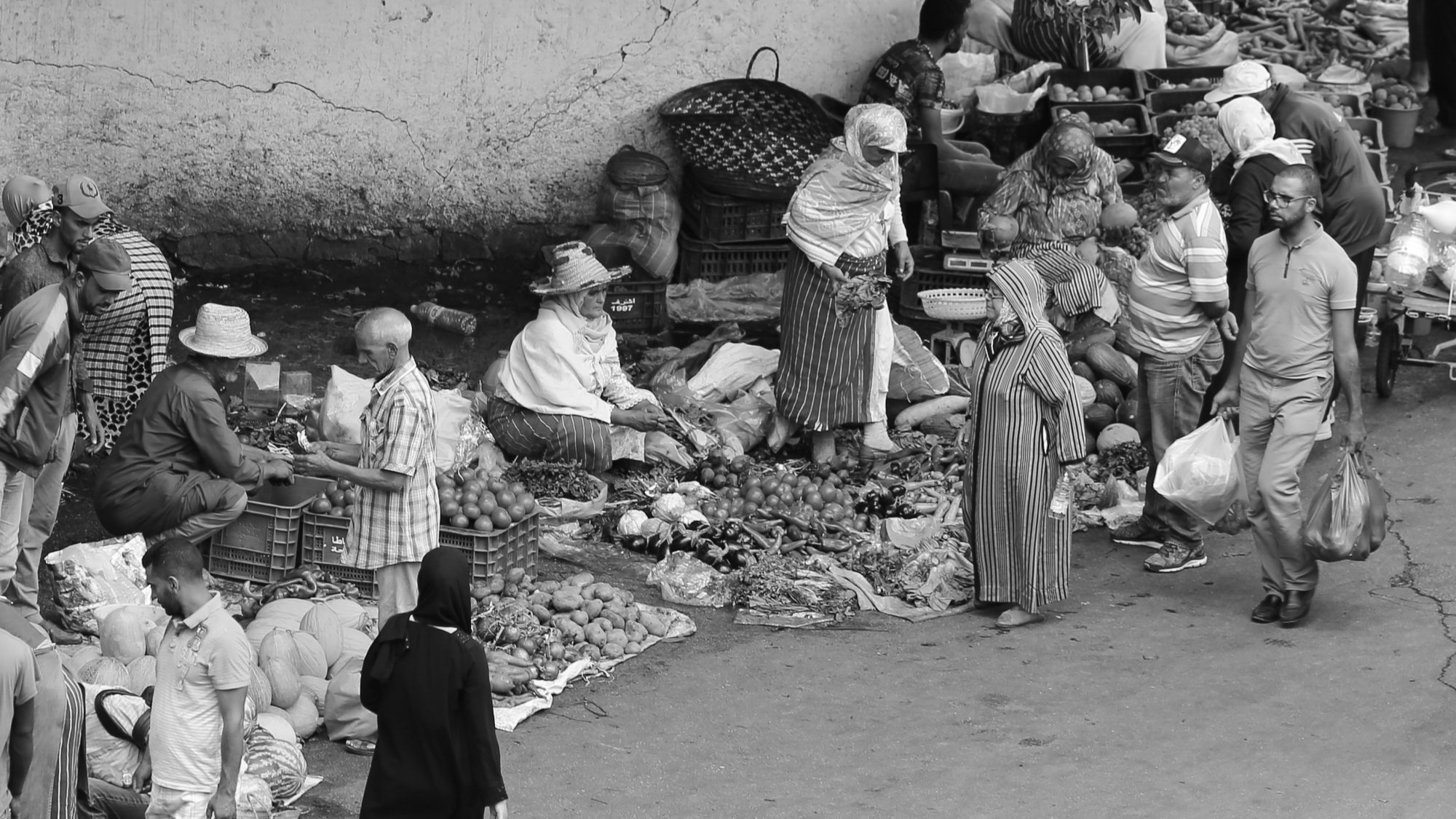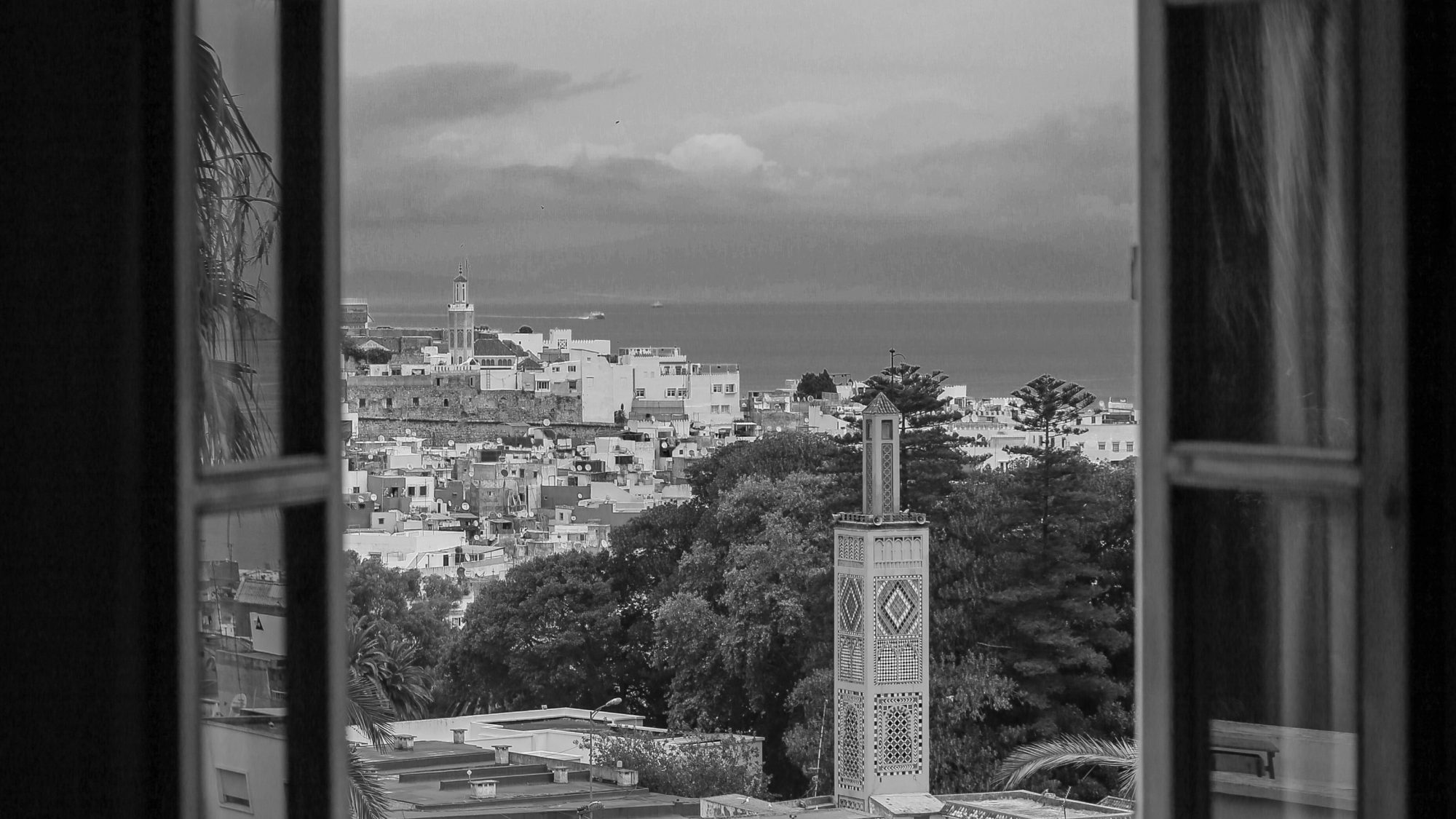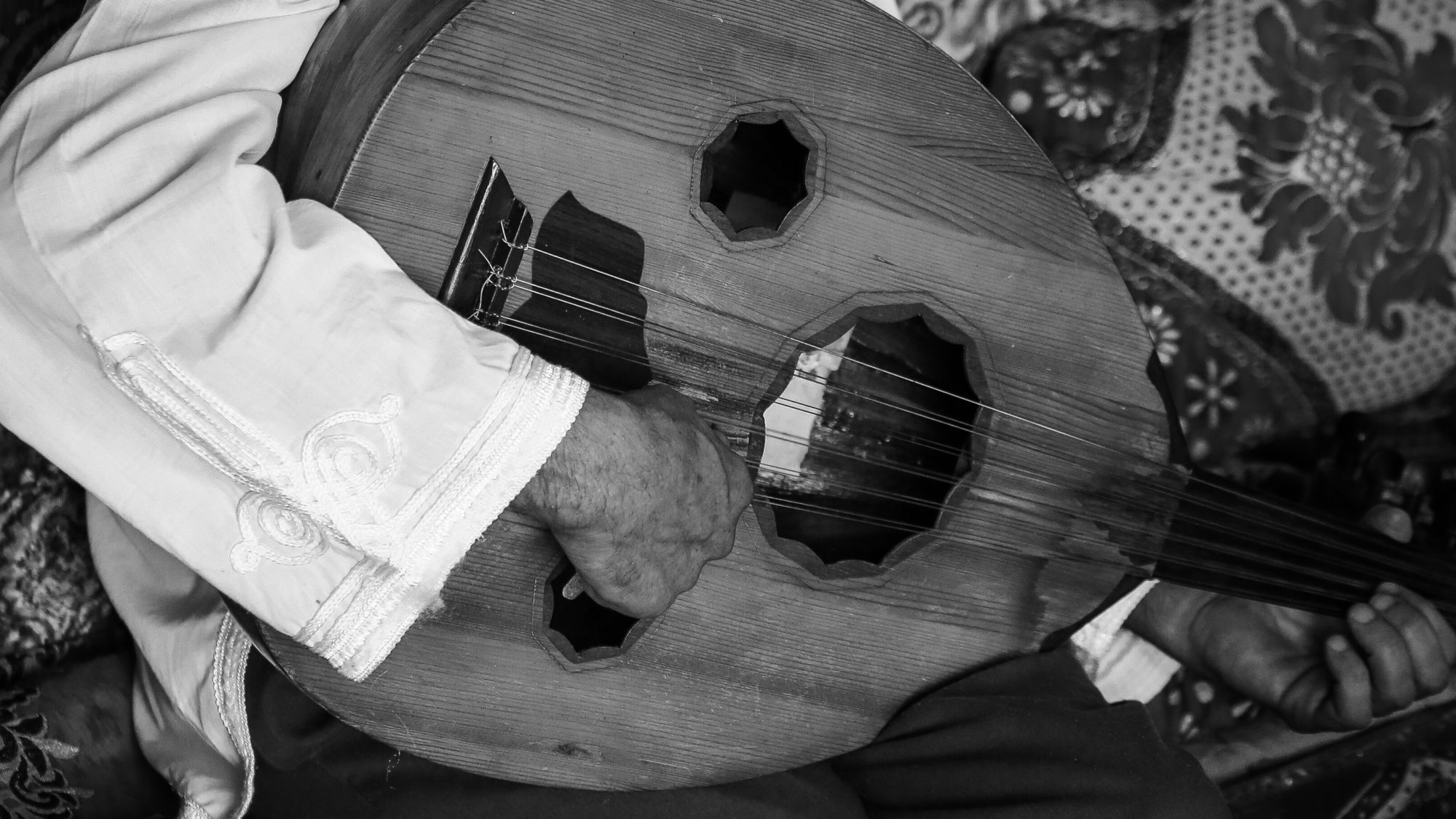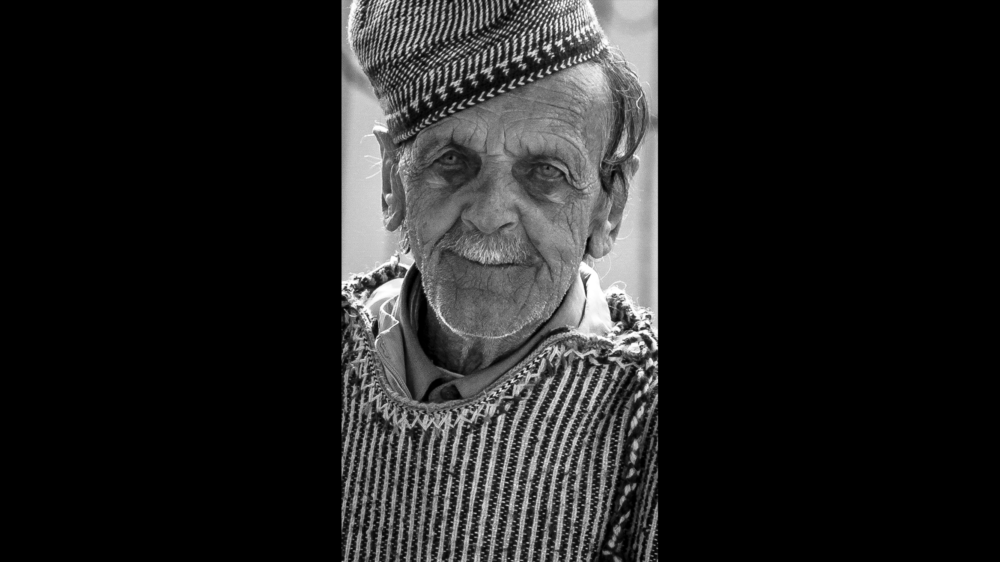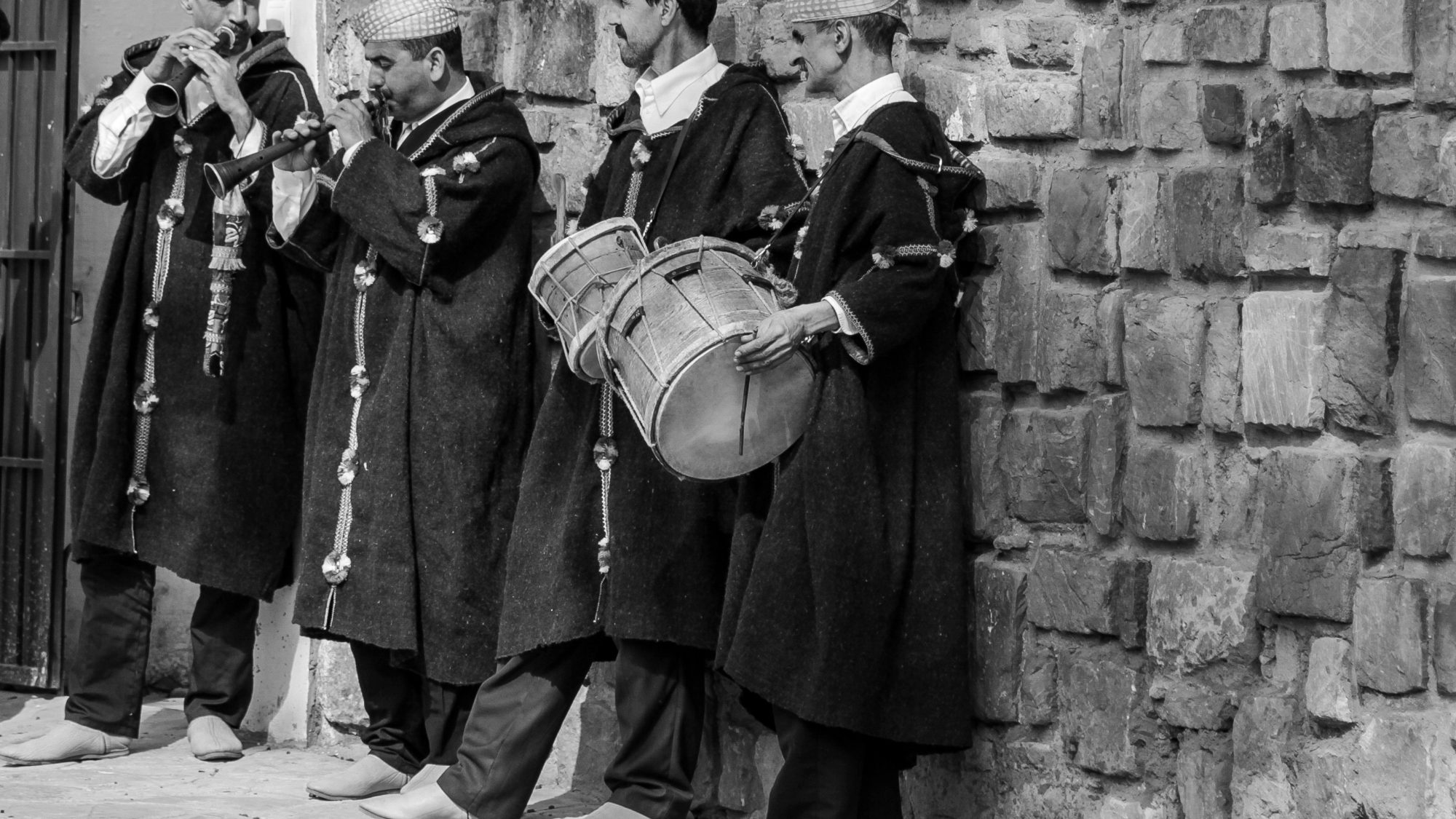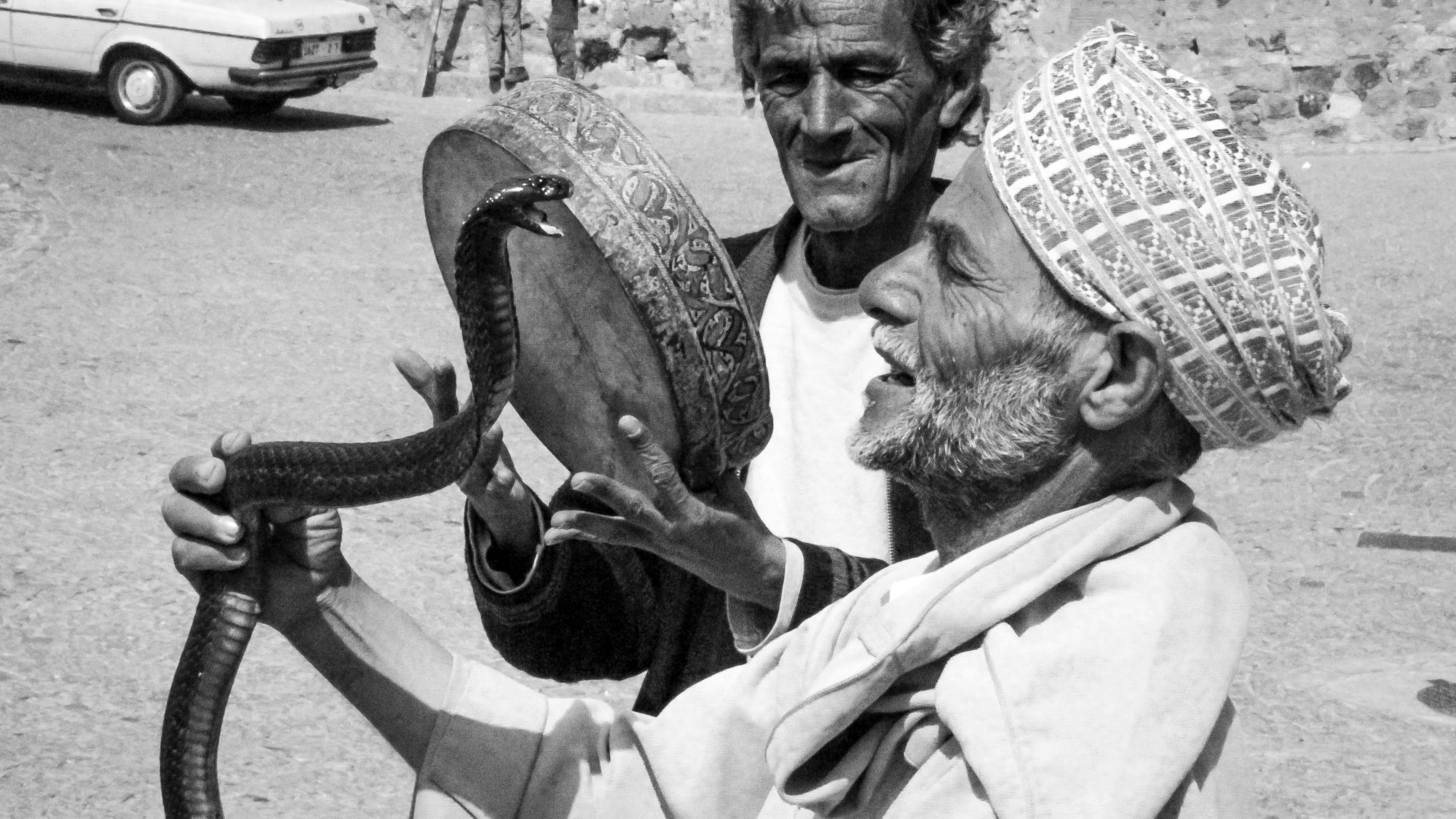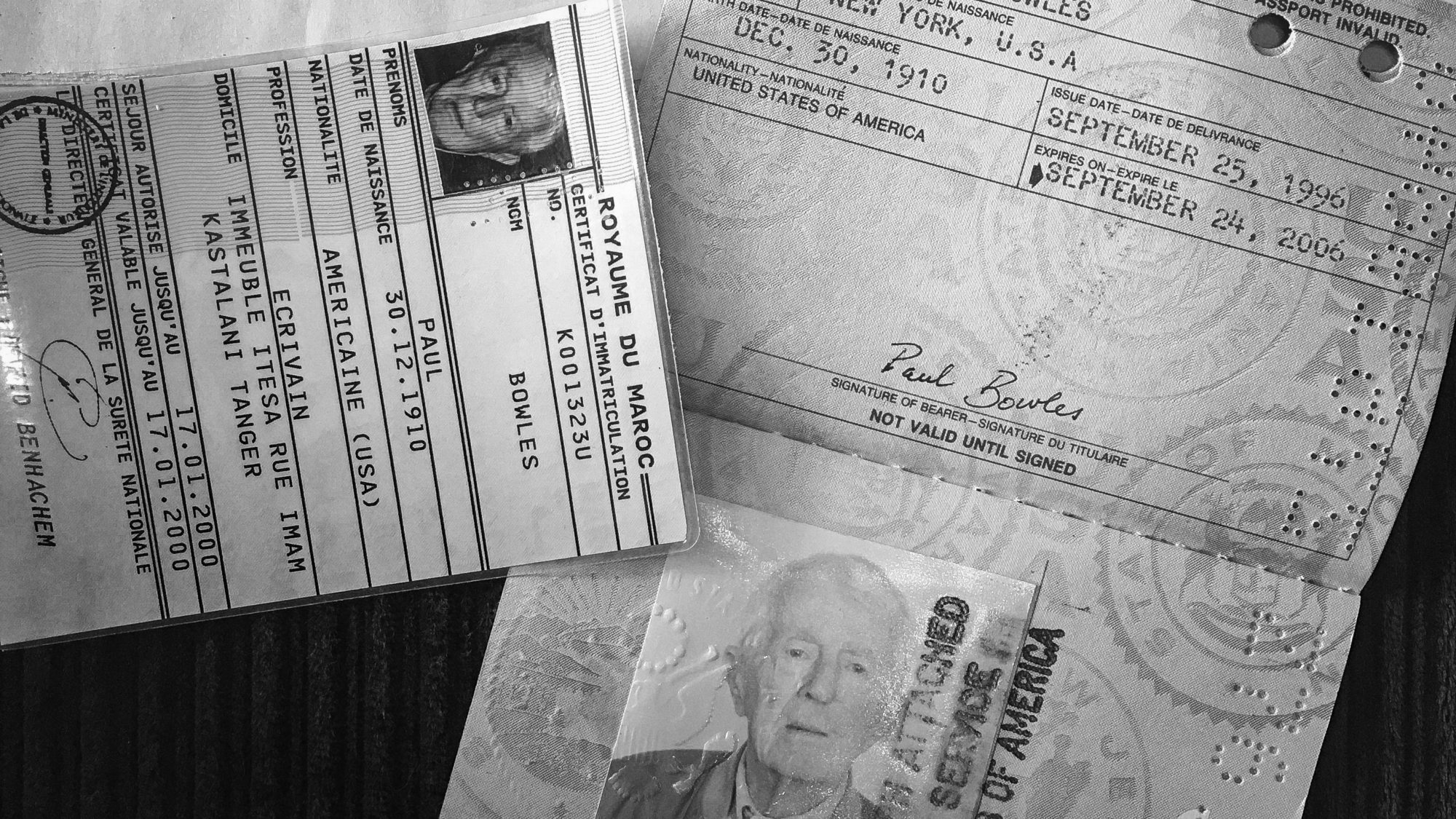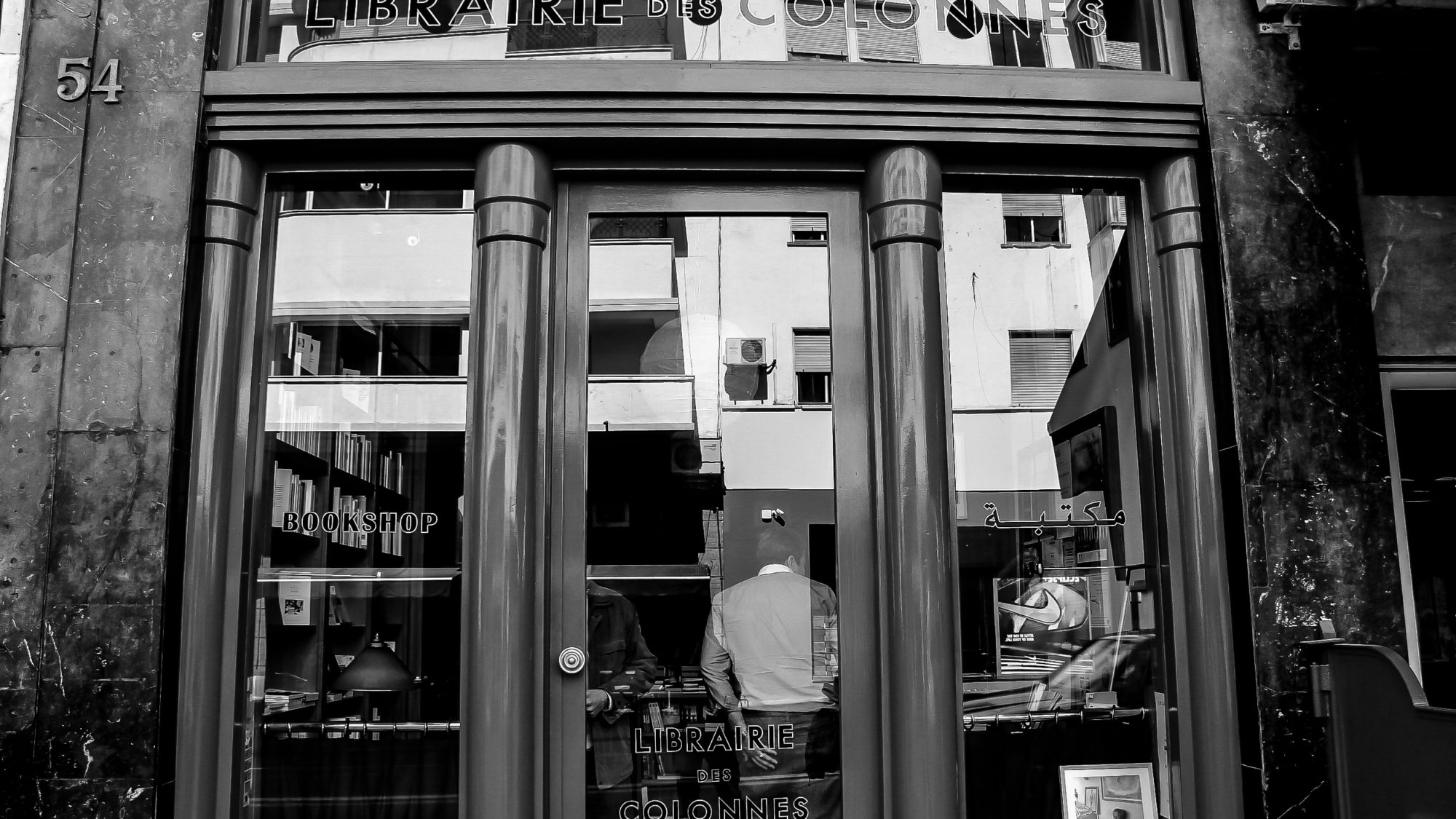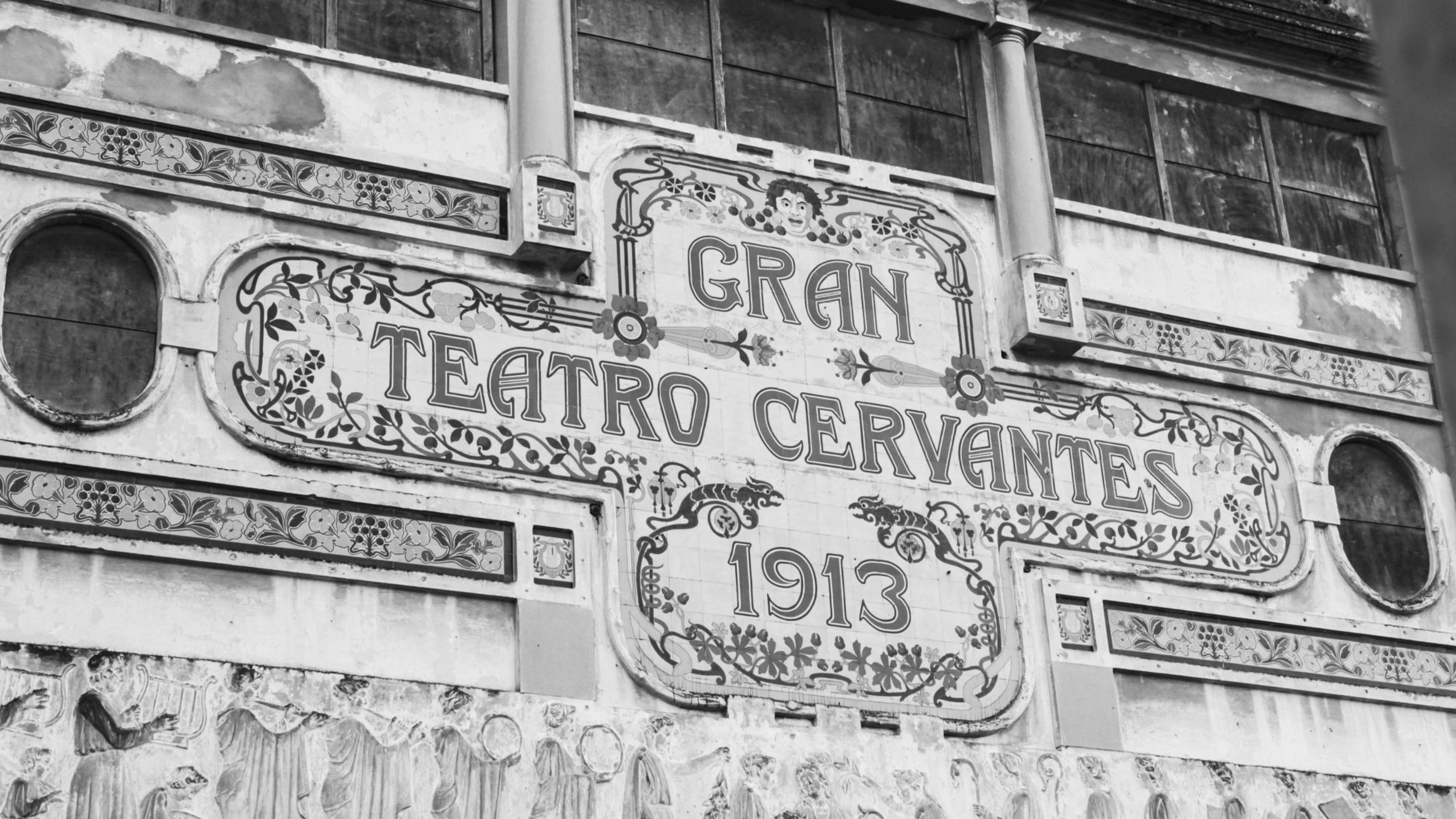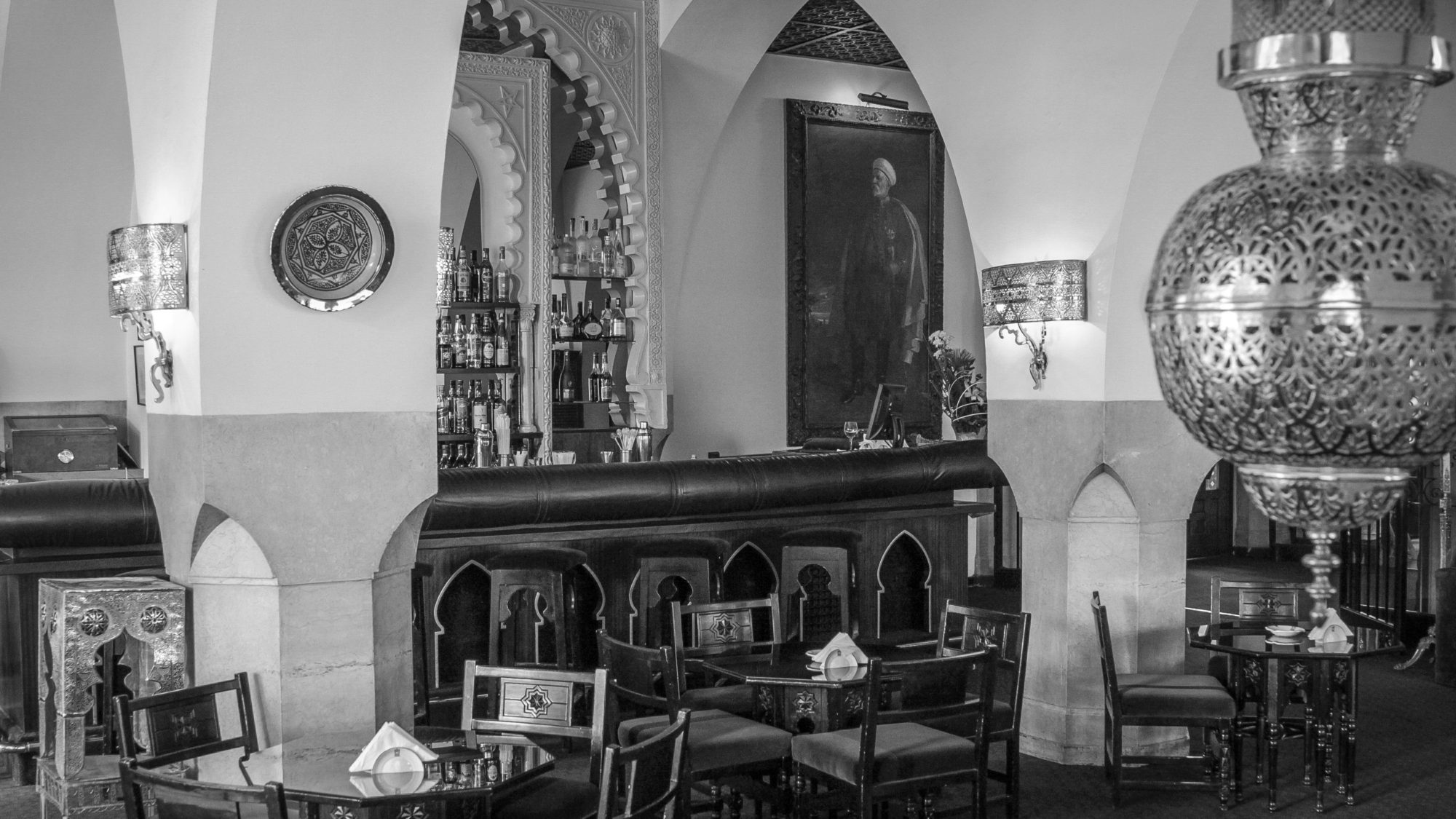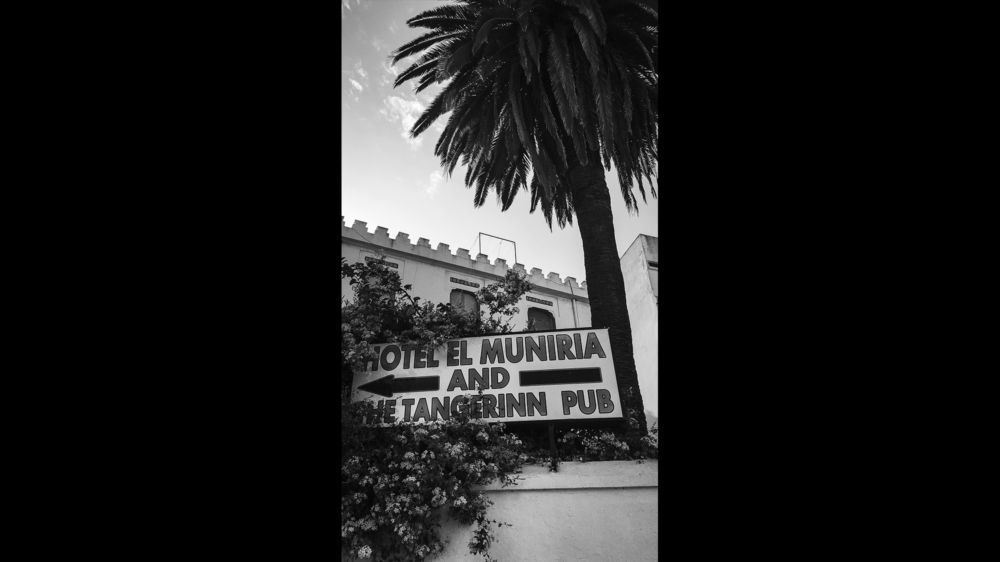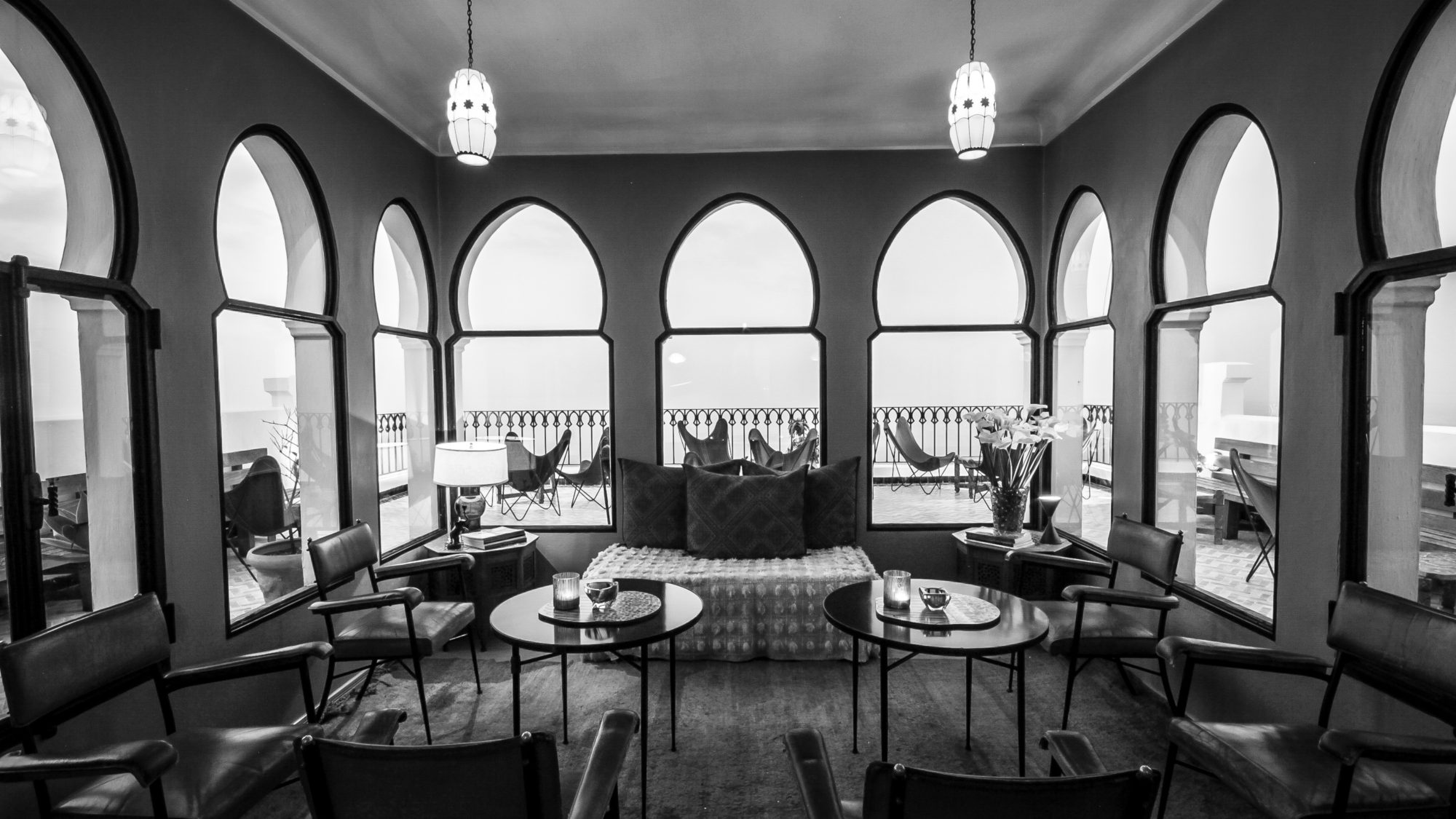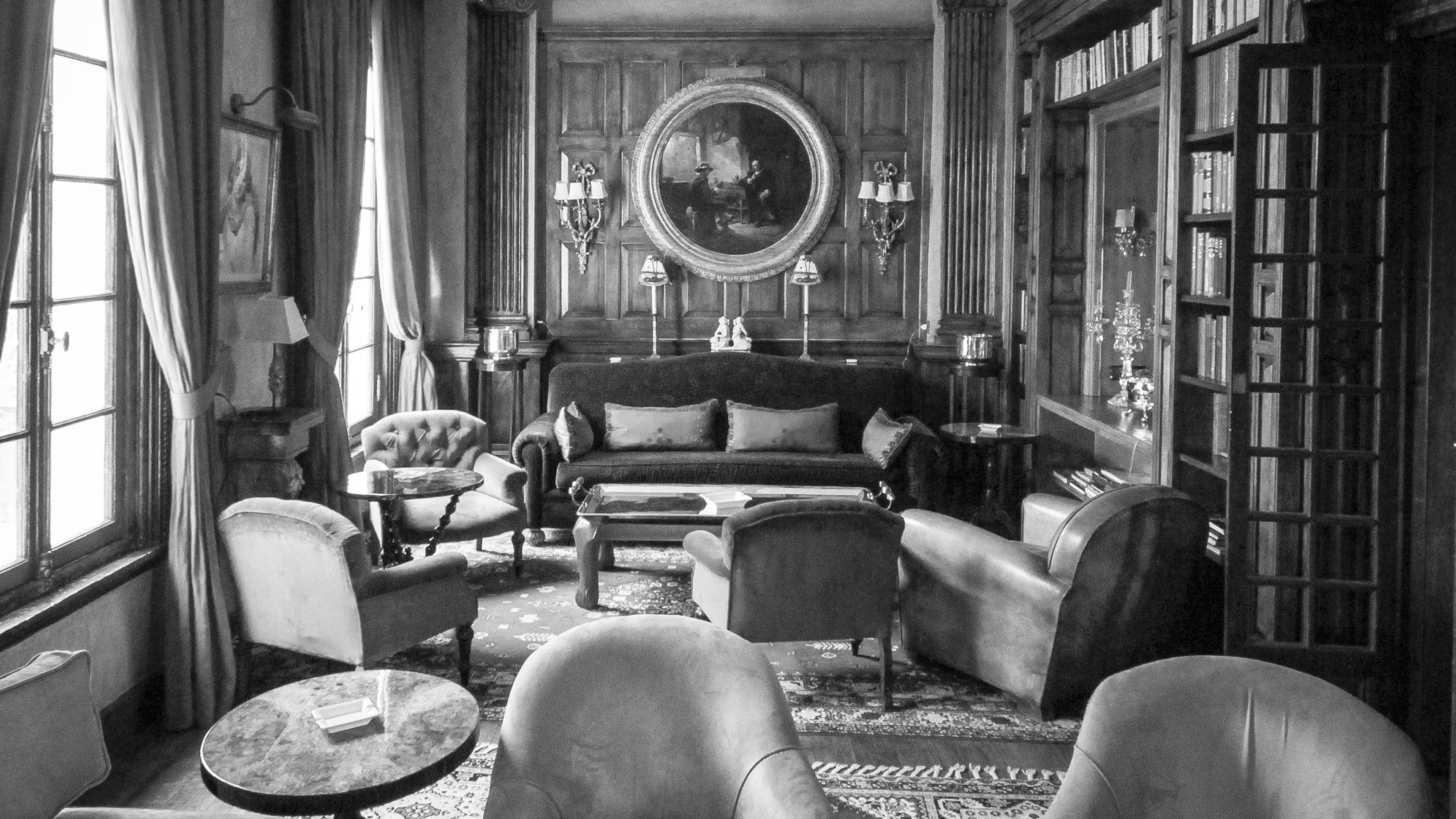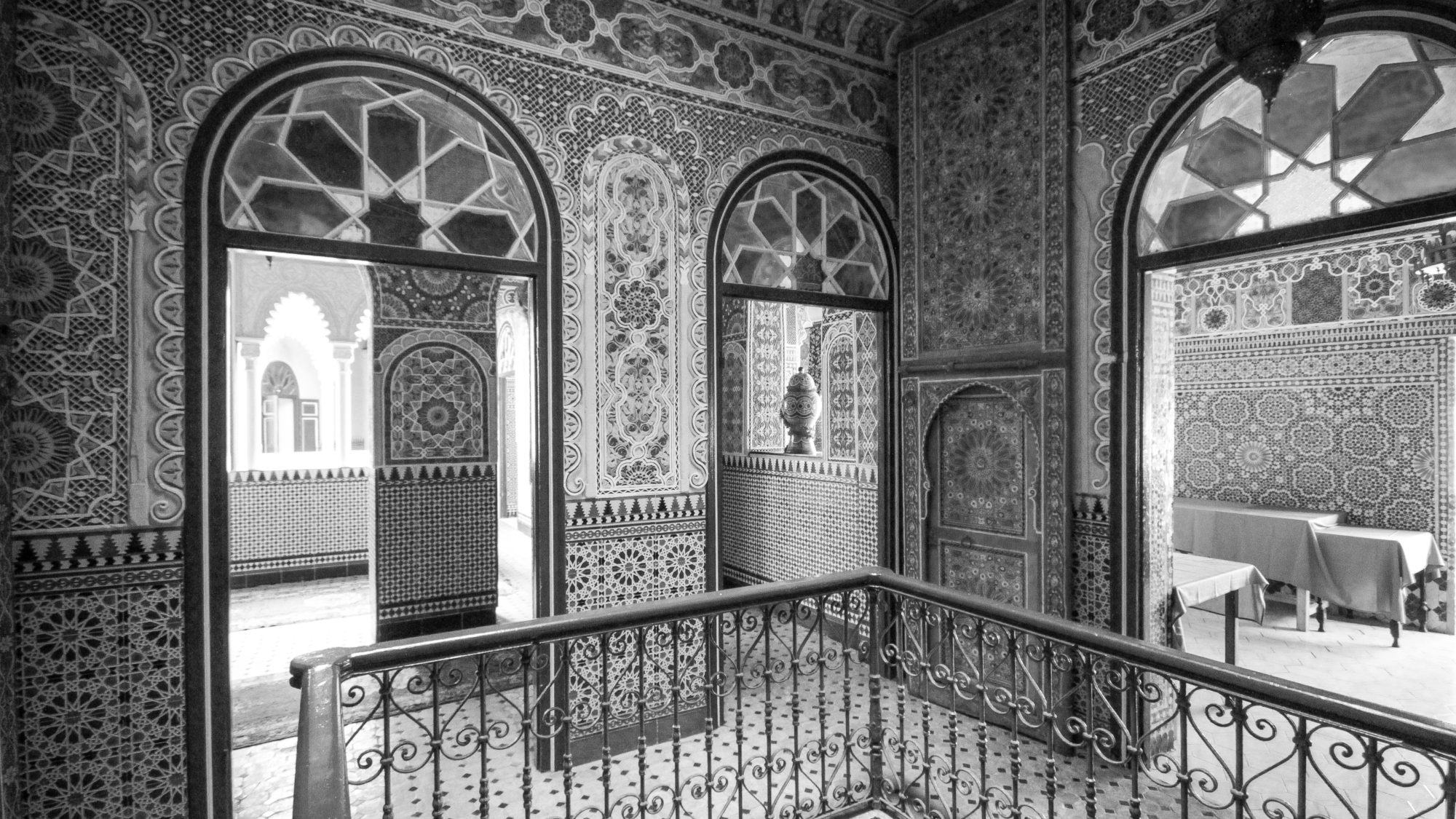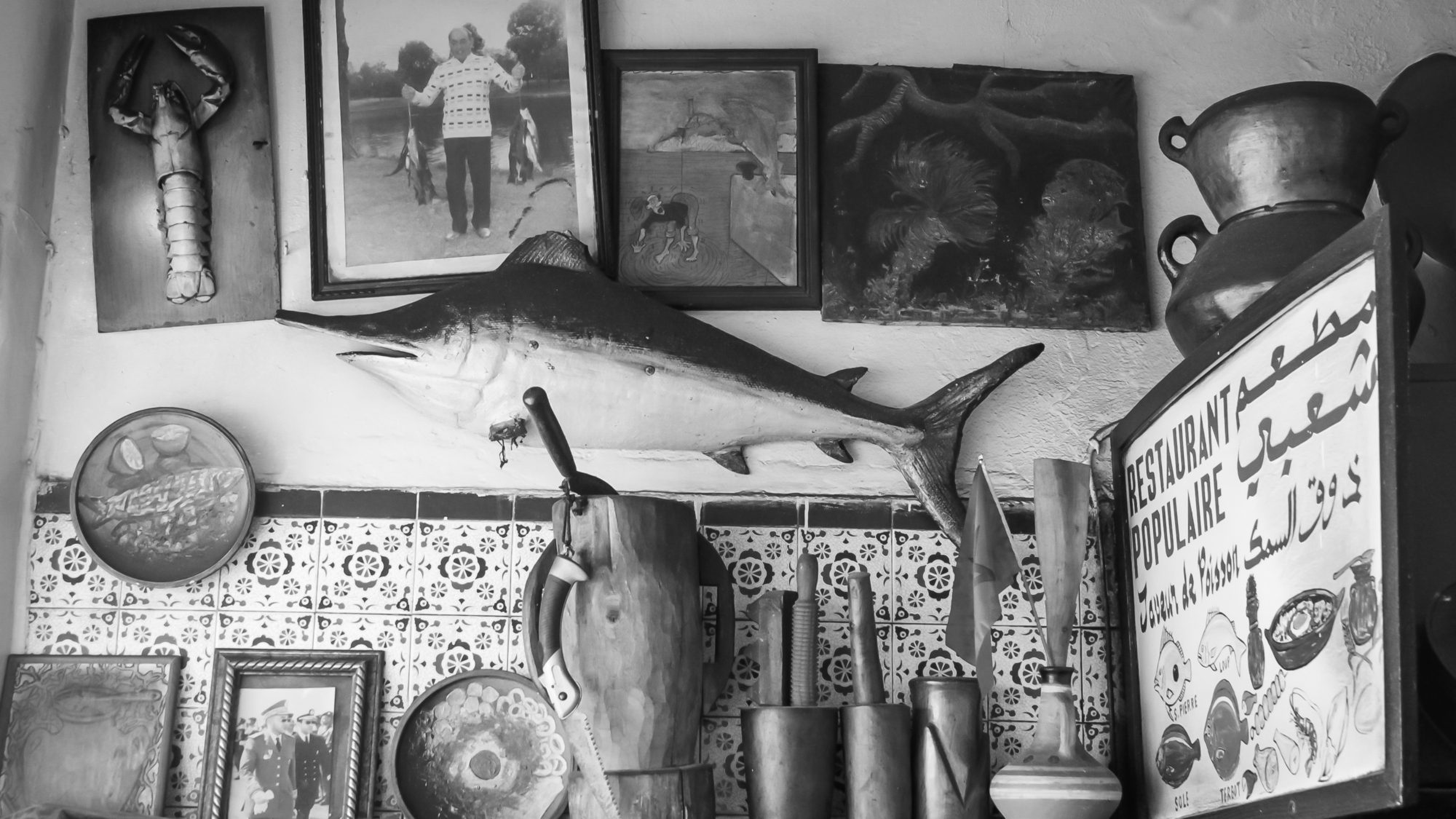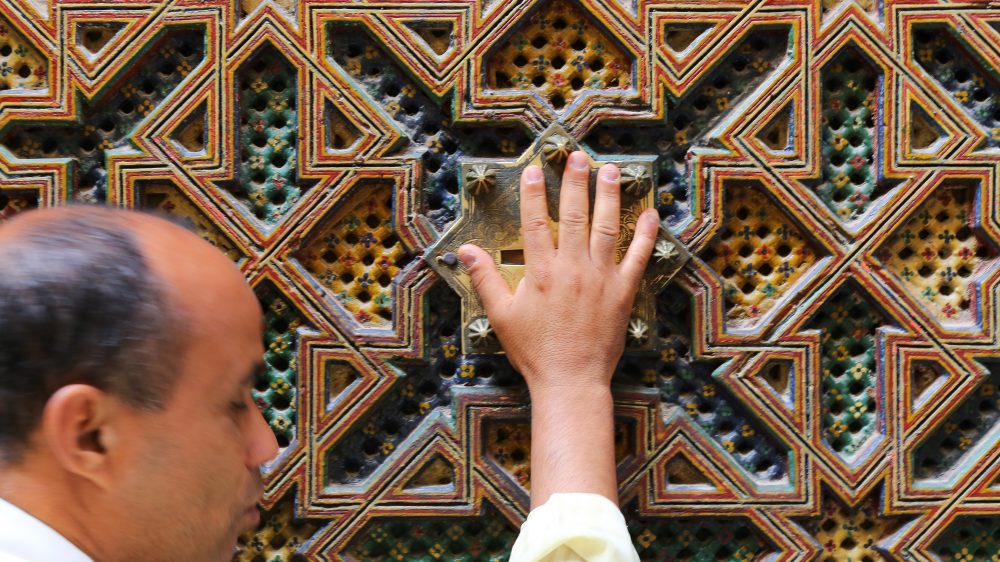A Tangier Episode
Thursday November 18, 1999. Some dates stay with us. In these times of pandemic when we can’t make new travel memories, I’ve set my sights backwards, revisiting the travel moments that have marked me, or even made me. Today I remember a younger, more reckless version of myself aboard a ferry that pitched and rolled its way in the darkness on the Gibraltar Straits from Tarifa in Spain to Tangier, Morocco. Paul Bowles, the American writer of fiction, was foremost on my mind that evening.
It wasn’t my first or even my fourth visit to Morocco, and yet on previous trips I had always found reasons to give Tangier a wide berth. Hustlers, scammers, touts and drug addicts were the stuff of travel legends, and horror stories circulated around the international backpacker circuit of the early 90’s. “The Moroccan Tijuana” was how one travel writer summed it up, and the verdict was Tangier was nothing but a hole.
But without Paul Bowles I might never have taken an interest in Morocco at all. First it had been Bertolucci’s “The Sheltering Sky” (based off Bowles’ novel of the same name) that led me to read Bowles, and then his stories of pre-independence, French dominated Morocco, often with Tangier in the backdrop, that fuelled my restlessness to see more of the Islamic world and which gave shape to my imagination of “exotic” North Africa. So finally, with some contempt for my earlier cowardice, I had decided that I could not come to grips with Morocco without visiting the city that had nourished his nightmarish fiction.
Also, I could think of few literary figures whose work had had such an effect on me, who were at that time still in flesh and blood. Perhaps I could track him down.
Bowles was as far from a hero figure as one could imagine- he led a spartan life, practically drove his wife to insanity, and looked upon Morocco and the greater world with clinical detachment bordering on contempt. All to say that Bowles was no optimist. His fiction was (and is) highly absorbing, however, and getting lost in it was an ideal escape for a young aspiring world traveler and writer looking for any ticket out of America. At that point I’d already been living for a number of years in southern Spain, so on that November day when a friend with a teaching gig at the American School in Tangier invited me over to visit for the weekend, my curiosity was piqued to finally see what Mark Twain had called, “something thoroughly and uncompromisingly foreign.” In his message my friend added, “The headmaster of the school is a good friend of Bowles’, and we can see about going to meet him”. That was all I needed to hear. I hastily put together some clothes and my passport in a duffel. Off I ran to catch a bus down the coast to the Spanish port.
How wrong I was to have listened to the naysayers, how I wish I had gone to Tangier earlier, and how lucky I feel still to have seen the grimmer, sink-hole version of Tangier, years before the changes that swept in. Time marches on and much of the seediness of Tangier has been whitewashed as the city cleans up to make way for day-trip tourism and luxury yachts. Tangier today is a town that is thoroughly pleasant to visit but with less of the edge. Some destinations are all the more worthwhile because of the grit you have to get past to enjoy the spoils. My Tangier will always be seen through the lens of those intense three days of discovery. The Muniria hotel of Burroughs, the Petit Soco of Tennessee Williams, the Café Hafa of Bowles. Musicians playing the troubadour music of Al-Andalus and smoking kif in a Casbah café, the late night walks through the Dar Baroud quarter. The heady fragrance of olive oil soap in the Medina. Endless offers of mint tea and oranges. Trying majoun for the first time. My list goes on, a camera roll of poverty, of beautifully contrasting and drifting clouds in the sky, soft drugs, kids raucously playing soccer on the upturned stones, spoken tongues I did not yet understand, blinding white buildings and the cool recesses of Medina corridors. Memory is a funny thing. I can still recall the palpable apprehension as I waited to disembark the ferry, of meeting a literary hero of mine.
But it was not meant to be. November 18, 1999, while I pondered the meeting and what my weekend in Tangier would bring, Bowles passed away in his apartment, a literary legend who left nothing but his legacy behind. Some enigmas, are perhaps best left undiscovered.
Sebastian promises his Morocco trips are majoun and hassle-free. He’s currently confined in Morocco, but looks forward to the return of days in the Sun. When the storm has passed, get in touch to get planning.
